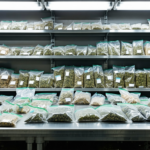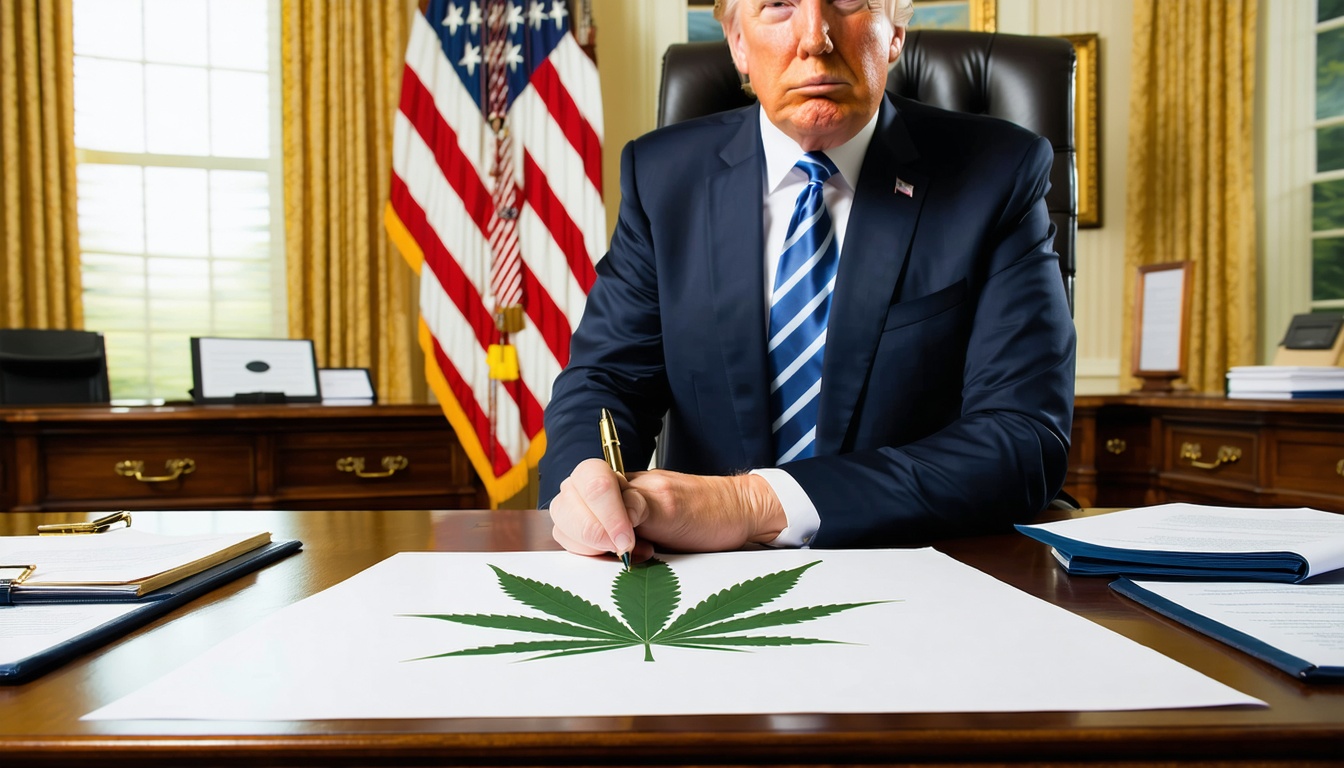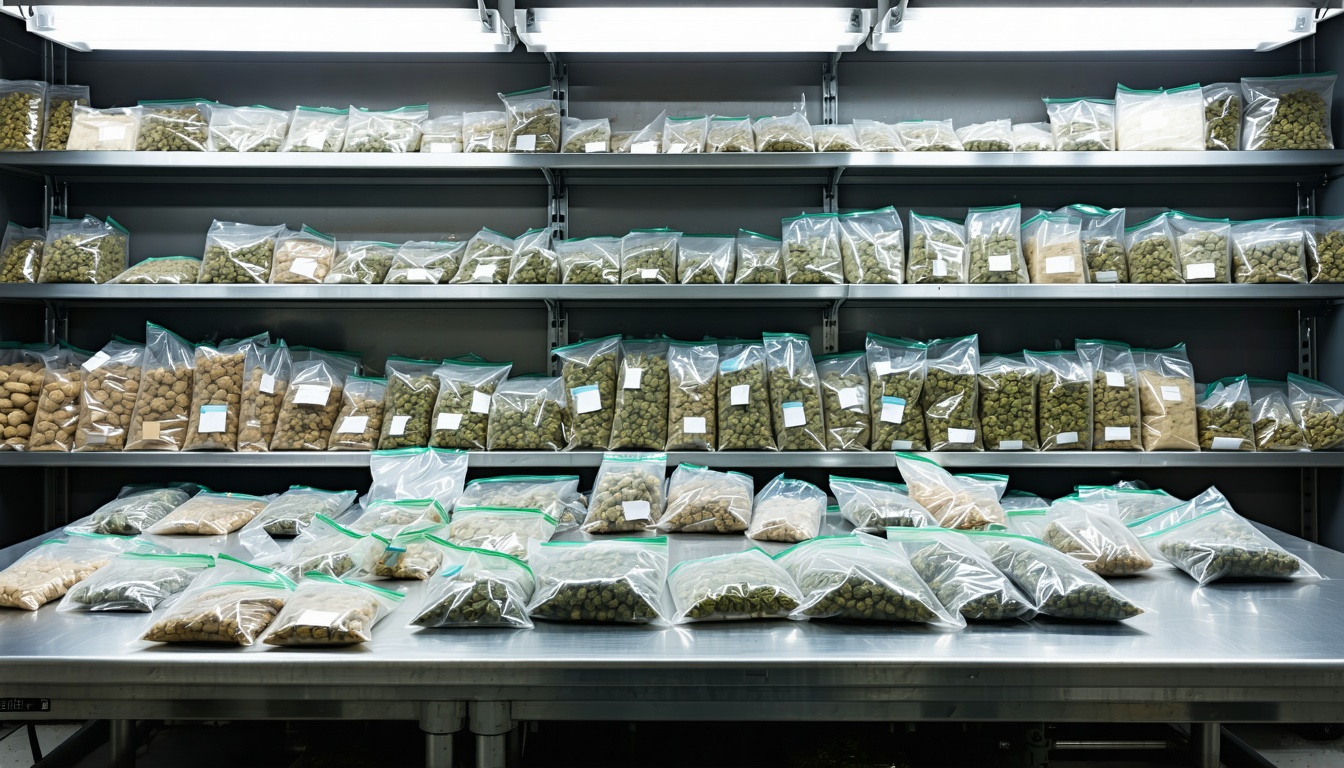Kentucky’s Medical Marijuana Program: What You Need to Know
Kentucky’s medical marijuana program is set to launch on January 1, 2025, but it may take several months for patients to access the medication. The program was created through legislation passed in 2023 and is now nearing full implementation.
Eligible patients with a valid prescription can purchase medical marijuana from licensed dispensaries starting January 1. However, it’s unlikely that patients will find marijuana available for purchase at dispensaries immediately, as it takes time for cultivators to grow and process the medication.
Cultivators in Kentucky cannot grow marijuana in secure, indoor facilities until they are licensed, and most cultivators did not receive their license until early November. Additionally, it takes at least four months to grow marijuana from seeds and seedlings into a flowering plant that is ready to be harvested and sent to processors and dispensaries.
Dispensary and processor licensees are also working to finalize lease agreements and build out their facilities, which will further delay the availability of medical marijuana. Some industry observers expect it to take until at least the summer for medical marijuana products to begin showing up in stores, while others believe it could take until 2026.
To be eligible for medical marijuana, patients must be diagnosed with one of the following medical conditions: cancer, chronic or severe pain, epilepsy or other intractable seizure disorders, multiple sclerosis, muscle spasms, or spasticity, chronic nausea or cyclical vomiting syndrome, or post-traumatic stress disorder.
Patients can find authorized practitioners who can issue written certifications recommending the use of medical cannabis through the state’s online “Authorized Practitioner Directory.” These certifications are valid for 60 days. Patients and qualified caregivers can register to receive their medical cannabis ID card starting January 1, when the state’s online Patient and Caregiver Registry Portal launches.
While some local governments have passed ordinances to prohibit medical marijuana businesses from operating in their jurisdiction, eligible patients are allowed to possess and use properly obtained marijuana, regardless of where they live. However, patients are prohibited from vaping on public transportation or in public places.
The state has awarded licenses to 16 cultivators, 10 processors, and 36 dispensaries, as well as four testing lab facilities. While some winners have strong ties to large out-of-state marijuana companies, few are owned by Kentucky residents. The state’s lottery process has been criticized by some, who argue that it favored out-of-state companies over in-state applicants.












